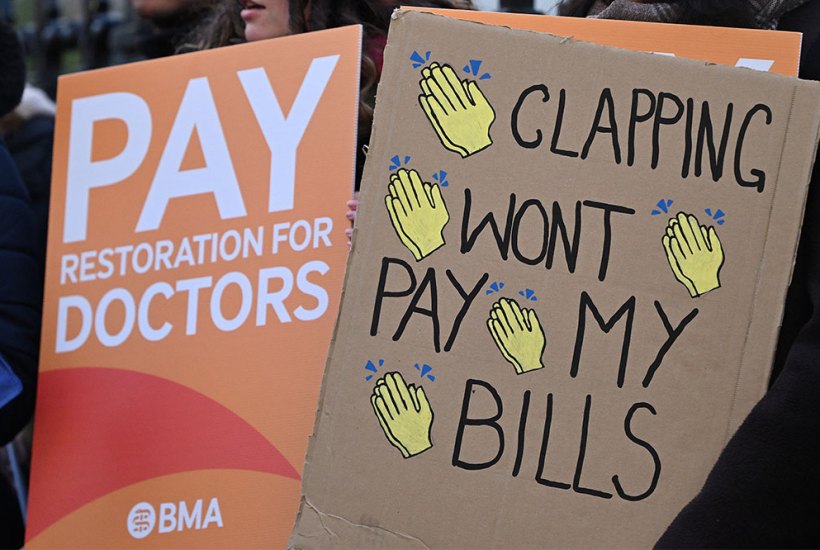Yet again we start the year with news that the NHS is facing the worst crisis since its inception. This has a real impact. People who think the health service is in crisis will be less inclined to use it. As we saw over lockdown, this leads to fewer treatable conditions being diagnosed, more ‘excess deaths’ from various causes and a greater healthcare burden for the longer term.
Already a subscriber? Log in
Subscribe for just $2 a week
Try a month of The Spectator Australia absolutely free and without commitment. Not only that but – if you choose to continue – you’ll pay just $2 a week for your first year.
- Unlimited access to spectator.com.au and app
- The weekly edition on the Spectator Australia app
- Spectator podcasts and newsletters
- Full access to spectator.co.uk
Or
Unlock this article
You might disagree with half of it, but you’ll enjoy reading all of it. Try your first month for free, then just $2 a week for the remainder of your first year.








Comments
Don't miss out
Join the conversation with other Spectator Australia readers. Subscribe to leave a comment.
SUBSCRIBEAlready a subscriber? Log in